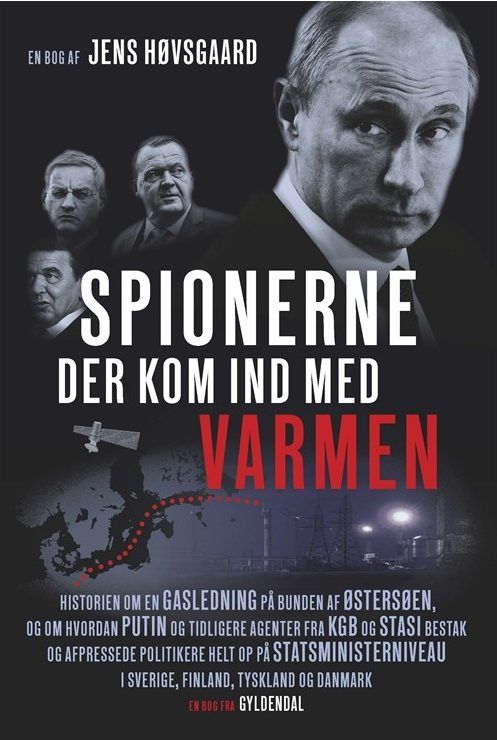As a writer or journalist, the Cavling Prize is the most prestigious form of recognition one can get in this country – it’s often referred to as the Pulitzer Prize of Denmark.
Being nominated for the prize is among the biggest honours that can be bestowed on a writer. But for author and journalist Jens Høvsgaard, the whole process is turning into a nightmare that even Stephen King couldn’t dream up.
And it’s all thanks to the national postal service, PostNord.
Author’s delight …
Høvsgaard was initially elated to learn that his new book ‘Spionerne der kom ind med varmen’ (’The Spies Who Came In With The Heat’) – a book about the controversial Nord Stream gas line – was among the books chosen for pre-qualification to the Cavling Prize nominations.
All the Cavling Prize committee required was to be sent six examples of his book, which his publisher Gyldendal naturally dispatched. The only problem was that they used the embattled postal service PostNord.
… turns to despair
The books didn’t arrive in time and Høvsgaard has now been omitted as a potential Cavling Prize nominee, much to his understandable distress.
“Naturally, I am terribly upset. I worked on that book for two years. I think it had the qualifications and could have performed well,” Høvsgaard told CPH POST.
“It’s got a lot of attention abroad and has been translated into Russian, French etc. I’m also invited to guest speak at the European Parliament in December based on my research for the book. So I think it could have at least been one of the final nominees.”
Høvsgaard said the book had yet to be translated into English, but there was interest from a number of countries. Høvsgaard was among the Cavling Prize nominees in 2006.
















